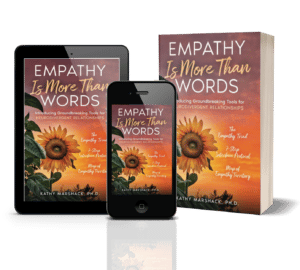
When you suffer the loss of a loved one or experience a major illness, do you react with depression, anxiety or drinking alcohol? Then it’s predicted you are significantly shortening your lifespan. Those who stay mentally healthy, despite the problems, usually live five years longer. Does that mean you don’t grieve over loss or have stress? No. What it does mean is that you don’t react to it in self-harming ways. You don’t use this negative event as an excuse to self-medicate with drugs and alcohol or beat yourself up with negative thinking.
Watch Dr. Amen’s video and find two inspirational stories of triumph over loss, depression, suicidal thoughts, obesity and addiction. You’ll learn from these stories the follow gems:
- “The best time to start healing from a crisis is before it starts.
- Giving yourself the excuse to eat bad food, drink alcohol or smoke pot to deal with the pain only prolongs it.
- Never let a crisis be an excuse to hurt yourself.
- Whenever you feel sad, stressed or out of control, take care of your brain first.
- Treat depression now before it causes further damage, don’t wait for it simply to go away.
- Made good, conscientious decisions, rather than simply reacting.
- Engage in regular brain healthy habits like exercise and new learning.
- Begin taking brain smart supplements that include fish oil and Vitamin D.
- Employ meditation to calm your mind and boost your brain at the same time.
- Stop believing every negative thought that goes through your head!
- Whenever you feel sad, mad, nervous, or out of control, write down your automatic negative thoughts and ask yourself, are they true?”
Sometimes the subtle signs of dementia are not picked up right away. Some symptoms to look for are asking the same question repeatedly, forgetfulness, fatigue, memory loss for things that you should know how to do, and neglecting personal safety, hygiene, and nutrition. It’s crucial to treat brain problems early, which includes learning how to deal with stress and loss. So I urge you, if you or a loved one is displaying symptoms of depression or anxiety, please consult a trained therapist immediately. If you live near Portland, OR/Vancouver, WA please contact my office and schedule an appointment.
Read more on my website: Overcoming Depression and Managing Stress.



